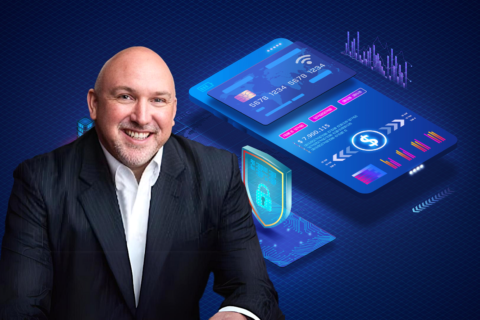Technology helps to equip your small business for future success. In today’s digital world, many of your company’s transactions will take place online: through the use of a computer, laptop, tablet, smartphone using various cloud-based and installed software. Given the regular use of the Internet in today’s business landscape, it is important to know key security threats that can impact your business data and livelihood.
Here’s a look at five cyber security threats every small business should be aware of:
-
Email Spam
Spam mail is a regular culprit for many companies. Avoid clicking on spam emails, as they may contain malicious links that can damage your hardware and local systems. To preclude email spam threats, every company should purchase an email spam filtering service. Spam filtering software can help reduce the amount of junk mail delivered to your inbox. Also, avoid suspicious-looking emails altogether.
For example, unsubscribing to some spam emails will confirm you are a genuine individual. Avoid clicking links in these types of emails as they are prone to hack your email account and boost the number of spam messages received — or worse, damage your device.
-
Identity Theft
Identity theft is the unauthorized use or attempted misuse of an existing credit card or other existing account, the misuse of personal information to open a new account or for another fraudulent purpose, or a combination of these types of misuse. (Source: Statistic Brain) According to reports there are approximately 12 million U.S. identity fraud victims, annually.
Proactively look for ways to protect your business from identity theft. Start by ensuring important data on your company website is protected using SSL (Secure Sockets Layer) technology. ” SSL will establish an encrypted link between a server, website, and browser; or a mail server and a mail client (e.g., Outlook). Accoridn to Digicert, “SSL allows sensitive information such as credit card numbers, social security numbers, and login credentials to be transmitted securely.
Normally, data sent between browsers and web servers is sent in plain text—leaving you vulnerable to eavesdropping. If an attacker is able to intercept all data being sent between a browser and a web server they can see and use that information.”
-
Virus and Spyware Attacks
Antivirus software protects hardware (i.e., computers, laptops, mobile devices, etc.) from malware such as: computer viruses, malicious BHOs, hijackers, ransomware, keyloggers, backdoors, rootkits, trojan horses, worms, malicious LSPs, dialers, fraudtools, adware and spyware.
In 2012, alone, Symantec confirmed over 17 million known signatures (i.e., viruses). To better protect your business and customer data, ensure that your technology is secured via firewall solutions for small businesses. According to Cisco, “The ideal firewall solutions for small business integrate a hardware firewall with software controls into a comprehensive security solution that includes virtual private network (VPN) support, antivirus, antispam, antispyware, and content filtering capabilities.”
-
Phishing
By definition phishing is the act of attempting to acquire information such as usernames, passwords, and credit card details (and sometimes, indirectly, money) by masquerading as a trustworthy entity in an electronic communication. (Source: Wikipedia)
Avoid clicking on suspicious links and ascertain all URL’s keenly. Hackers use phishing to steal data which they subsequently use to buy products or get capital in your name. Never download software from untrusted websites, as it may come with a virus as well.
-
Mobile Viruses
On company mobile phones ensure to deploy software that will perform a mobile virus scan and remove any viruses found. Use mobile tracking apps to gather details of activities and processes on company devices. Some mobile virus protection software will even allow you to access company devices remotely and restore lost data. Utilize tools to track company-wide mobile data usage and protect it.
Linda Waters, is a technology writer at mSpy, a cell phone tracking software provider. Linda enjoys writing about mobile monitoring tricks and data security. She keeps track of mobile security trends and ways to protect everyday life. Learn more about mSpy on Facebook.
© YFS Magazine. All Rights Reserved. Copying prohibited. All material is protected by U.S. and international copyright laws. Unauthorized reproduction or distribution of this material is prohibited. Sharing of this material under Attribution-NonCommercial-NoDerivatives 4.0 International terms, listed here, is permitted.













